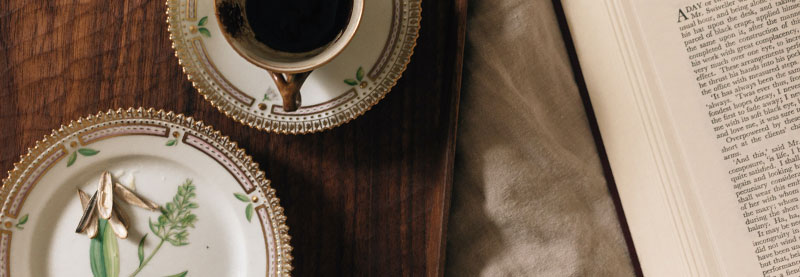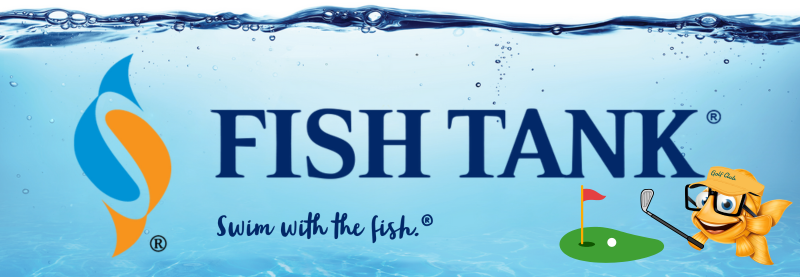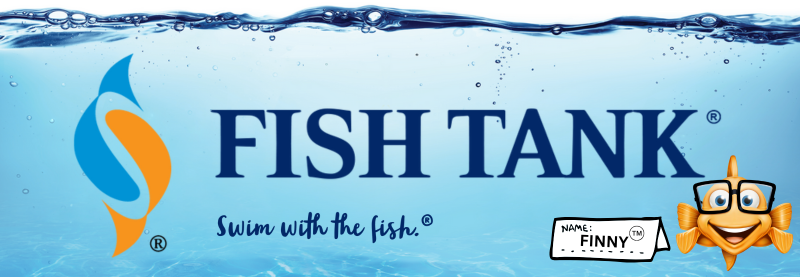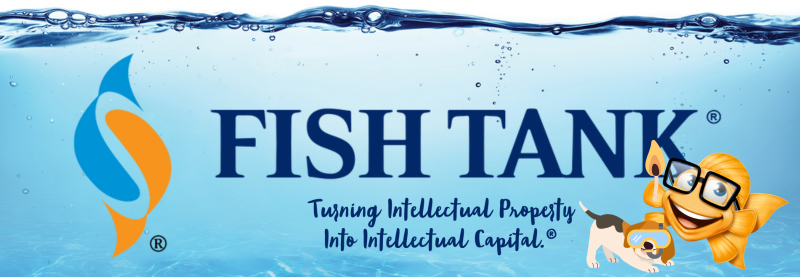Intellectual Property Insights from Fishman Stewart PLLC
Newsletter – Volume 23, Issue 8
Share on Social
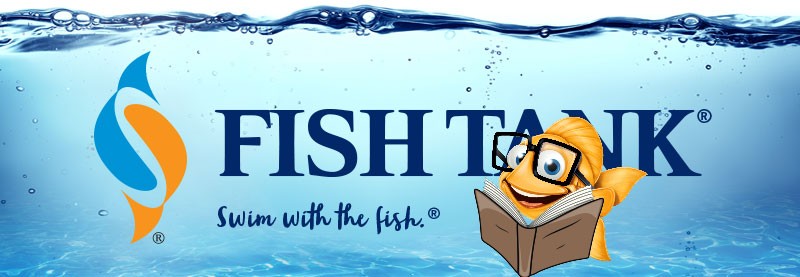
Charles Dickens and the Ghost of Copyright Future
This was not a new issue in the mid-1800s. Benjamin Franklin, an iconic American politician, publisher, inventor, and Founding Father, would be considered a consummate copyright pirate today. In his role as a Philadelphia printer, Franklin regularly re-published the works of foreign authors in the eighteenth century without seeking permission or offering remuneration.
To be fair to Franklin, the US, like many other countries in the 1700s and 1800s, had no copyright protection for the published creative works of foreign authors. This means that any creative work of a non-American author was free to be copied, distributed, adapted, displayed, or in the case of non-literary works, even performed with no legal requirement to provide remuneration to its creator. The same was true of American-made works in England and other countries.
During his North American reading tour in 1842, Charles Dickens lobbied US legislators to recognize the copyrights of British authors but was unsuccessful. Despite receiving substantial pushback from publishers and the public in this first attempt, Dickens raised the issue again during another North American reading tour in 1867, to no avail.
It was not until 24 years later that the US enacted the International Copyright Act of 1891 to extend at least some copyright protection to foreign authors of select countries. In turn, American authors began to have their own works protected pursuant to the copyright laws of those countries.
Today, we often think of copyright protection in a global sense—especially since the advent of the Internet. The reality is that copyright protection has been—and continues to be—an evolving area of law in terms of what is protected, where that protection applies, and how long the term of protection endures. For other forms of intellectual property, things are more clear cut. For example, patents receive no reciprocal protection from country to country. In other words, patents may only be asserted in the country or jurisdiction where they are granted.
Even with the expansion of copyright protection toward the advantage of rights holders, protection is only available for a limited time. Every year, creative works go into the public domain, such as Winnie the Pooh and Happy Birthday.
Until works enter the public domain, however, libraries provide crucial access to copyrighted works along with the services of librarians who are experts at finding, selecting, circulating, and organizing the information associated with such works. National Library Week is being celebrated in the United States starting April 23rd. In keeping with the theme of this year’s celebration, “There’s More to the Story,” remember the trials and tribulations of Charles Dickens in protecting his writings in the United States, and celebrate by reading another chapter.
Michael Stewart is a founding member of Fishman Stewart. He has worked in a wide range of technical areas including information technology, e-commerce, telecommunications, and mechanical, aerospace, computer, and nuclear engineering. His practice includes domestic and foreign patent prosecution, e-commerce and information technology, patent opinions, intellectual property litigation, domestic and foreign trademark prosecution, trademark opinions, copyrights, trade secrets, rights of publicity, intellectual property evaluations/due diligence and drafting and negotiating technology and intellectual property agreements. Check out his full bio here.

If you are interested in learning more about Charles Dickens or are a fan of the modern American rock star Prince, author Nick Hornby recently published a book about the art, creativity, and the unlikely similarities between these two men. It is an entertaining read!
Related Content from Fishman Stewart
In February, Nike and Skims announced that they will be working together on a new brand, NikeSkims. The co-brand will create a new line of training apparel, footwear, and accessories specifically designed to meet the unique needs of women athletes.
Generally, federal courts have exclusive jurisdiction over copyright cases, and often, this presents an insurmountable paywall for individual artists and small businesses to vindicate their rights, especially where the value of the individual copyrighted works are relatively low.
Dedicated to raising public awareness about the importance of encouraging innovation and creativity throughout the world, the World Intellectual Property Organization (WIPO) annually observes World Intellectual Property Day on April 26 to showcase the role that patents, trademarks, industrial designs, copyrights and trade secrets play in our everyday lives.
Hold onto your foam fingers, sports fans – college sports just got a whole lot more interesting! The latest updates to Name, Image, and Likeness (NIL) rules are making student-athletes bigger than ever, and it’s not just about the game anymore.
Did a federal court in Louisiana recently decide that US copyrights are global rights? It seems so.
L.A.B. Golf aims to protect its innovations, and therefore its market position, owning three patents for its zero-torque design. The question now is whether L.A.B. Golf can withstand the wave of copycat designs.
One of his most famous songs, “Lose Yourself” was recently at the center of a lawsuit. In 2019, Eminem’s publishing company Eight Mile Style sued Spotify claiming that Spotify streamed a number of its musical compositions without proper licenses.
Our latest article tackles three common trademark questions: 1. Can I trademark my own name? 2. Can I trademark the name of a fictional character? 3. Can I trademark the name of a U.S. president or British royal?
One of the most common challenges is whether AI should be free to train on data that is protected by copyright and owned by third parties without first obtaining permission.
Like the titles of single creative works, character names do not generate trademark rights unless used for a series of creative works (meaning two or more). A year ago, Jane Wick, LLC filed a trademark application for the mark JANE WICK in logo format.
IDENTIFYING, SECURING AND ADVANCING CREATIVITY®


